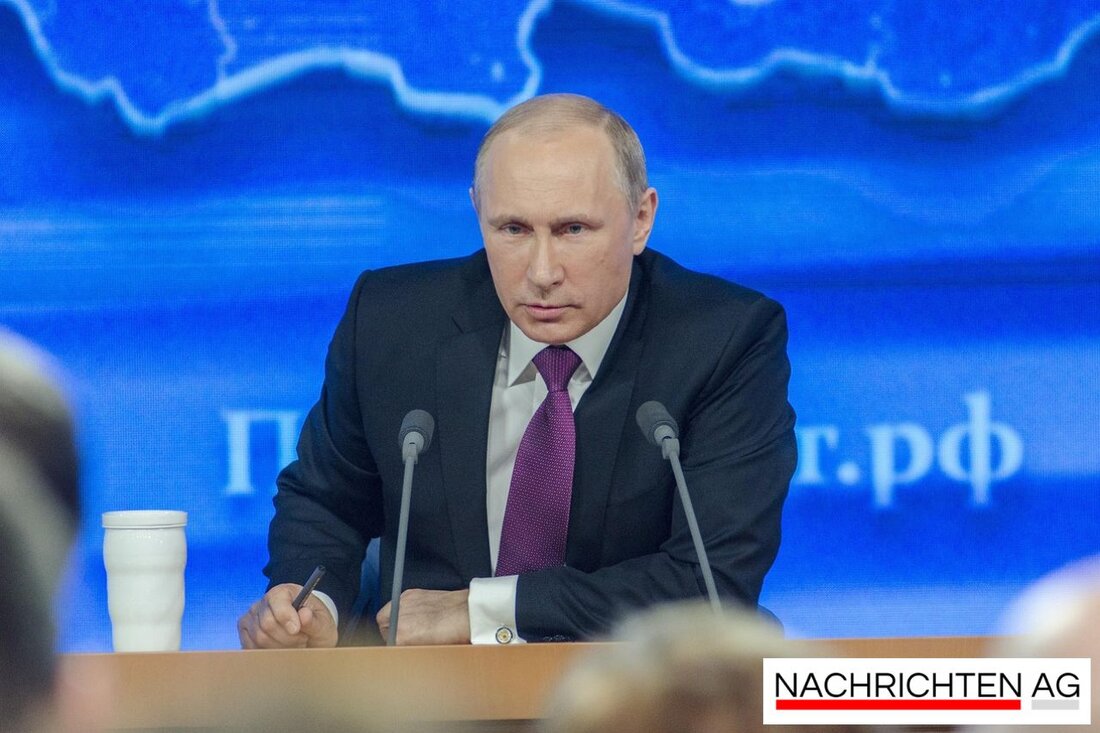Zelenskyj demands drastic price reduction for Russian oil – pressure on Putin!
Ukrainian President Zelenskyy calls for lowering the price cap for Russian oil to $30 to put pressure on Russia.

Zelenskyj demands drastic price reduction for Russian oil – pressure on Putin!
On Tuesday evening, Ukrainian President Volodymyr Zelensky made an urgent appeal to the EU in a video message. He is calling for the price cap for Russian oil to be halved from $60 to $30 per barrel. This demand comes in response to the EU Commission's proposal to lower the maximum price to $45. Zelenskyj thanks the EU Commission for its commitment to the energy and banking sectors in the proposed new sanctions against Russia, which appear necessary after intensive air strikes on Ukrainian cities.
Zelenskyj sees halving the price cap as a crucial step to put pressure on Russia and bring peace to the region. In his message, he criticized the West's compromises towards Russia, which, in his opinion, only led to peace being further delayed. According to Zelensky, the air strikes, which he describes as increasingly aggressive, are not in response to Ukrainian actions, but rather appear to demonstrate Russian military pressure.
New sanctions in focus
The European Union is apparently ready to take new measures against Russia. As Spiegel reports, the EU Commission has already announced sanctions that are intended to specifically hit Russia's energy and banking sectors. Commission President Ursula von der Leyen has brought up lowering the maximum price, but a final decision still has to be voted on by EU member states.
At the same time, the challenges of European energy supply are becoming increasingly pressing. Around 41% of the natural gas in the EU comes from Russia, which makes the cutback in gas supplies that has been imposed since the start of the war in Ukraine an unpleasant issue. Countries such as Poland and the Netherlands no longer receive any gas from Russia, while Germany is enormously affected by the interruption of the Nordstream 1 lines, according to estimates from bpb.
The outlook for the energy transition
The debate about dependence on Russian gas makes it clear that there are different interests in the EU. While Hungary and Austria are hesitant to fully implement the sanctions against Russia, countries like the Czech Republic are increasingly relying on liquefied natural gas (LNG) in order to become more independent from Russia. At the same time, LNG terminals are being built in Germany to transport gas imports. These developments take place against a backdrop of increasing coal consumption in the EU, while phasing out coal remains a key goal.
So you can see that geopolitical tensions and the energy storm are becoming an increasingly important issue in the EU. The coming days and weeks will show how political and economic decisions will affect stability in Europe.

 Suche
Suche
 Mein Konto
Mein Konto